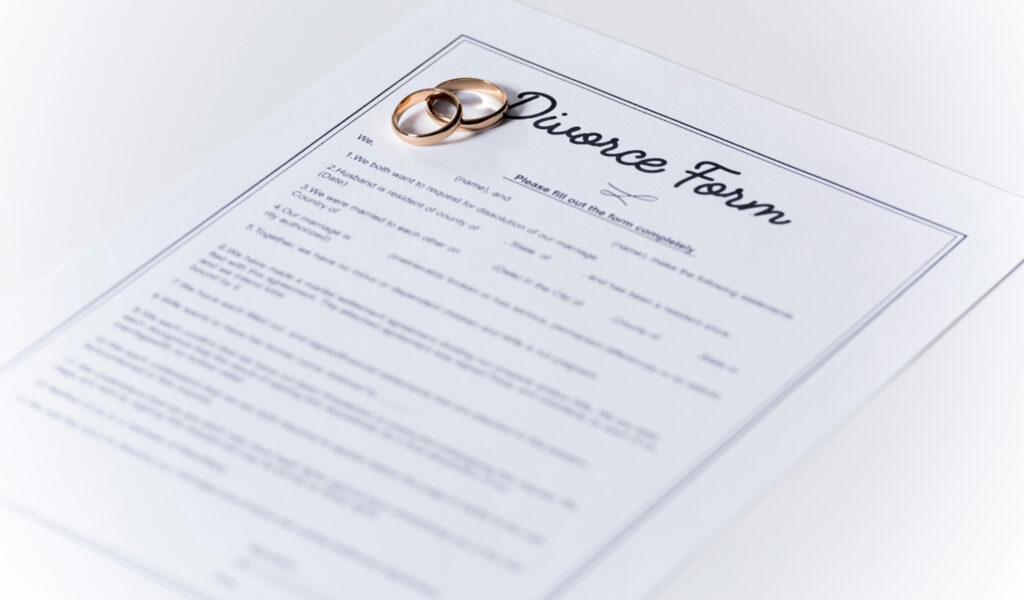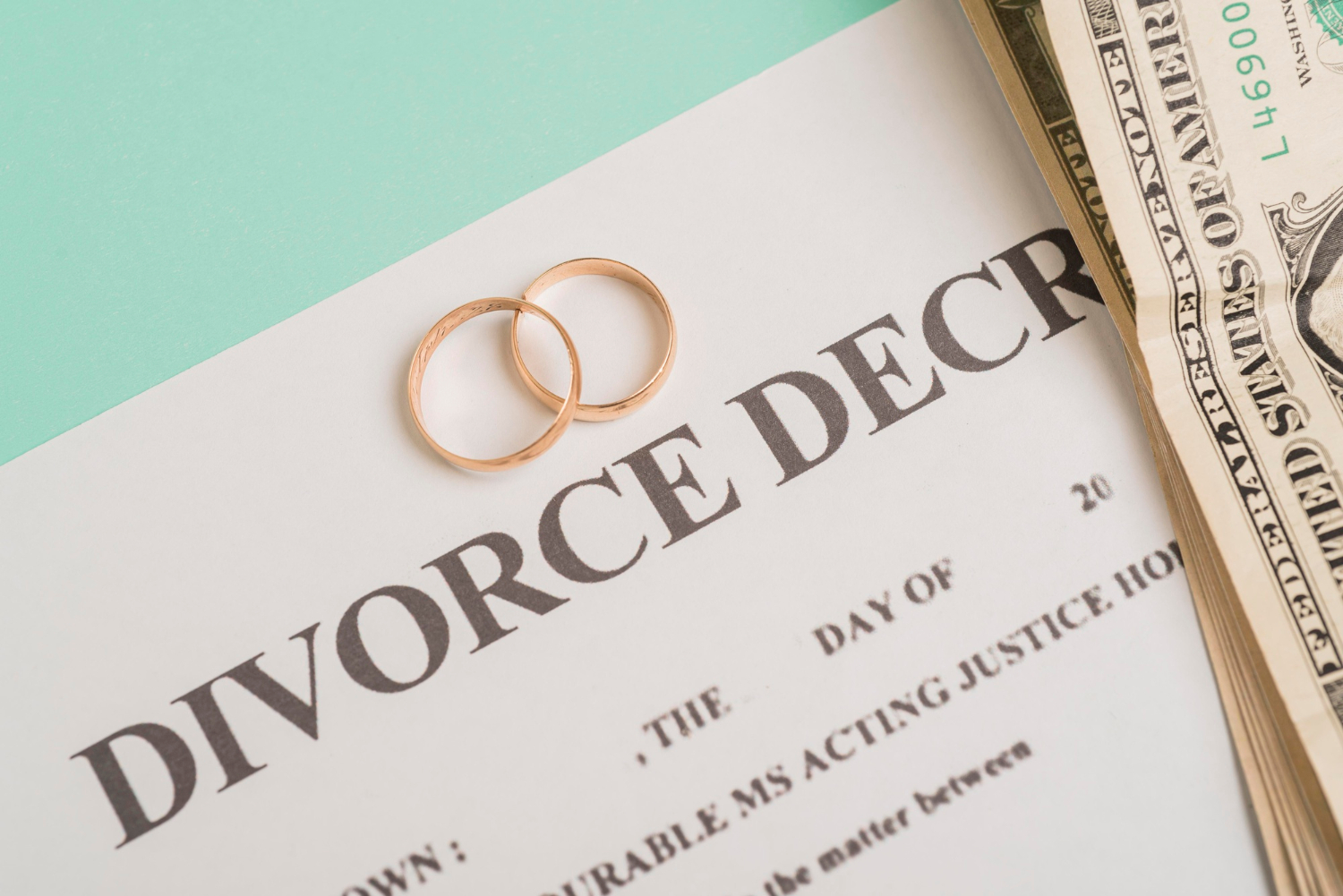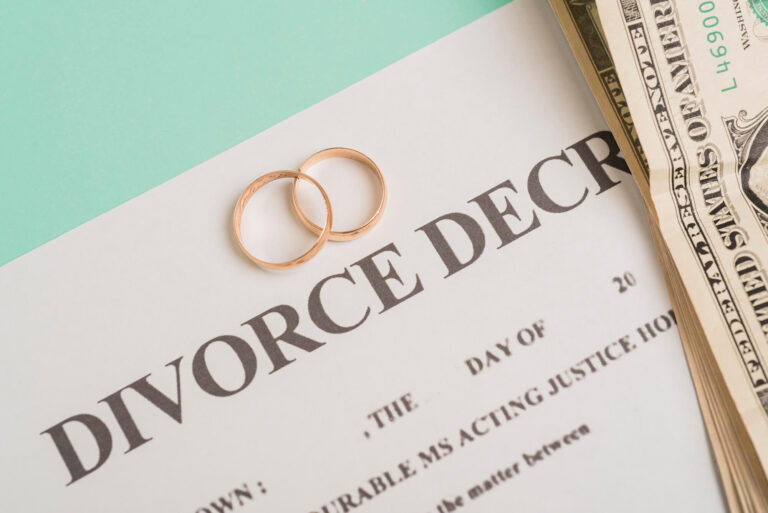Divorce in New York: How Quickly Can You Get One?
When considering how quickly you can get a divorce in New York, the process may seem complicated and daunting. At LawOfficeOfBrianKelly, we have guided countless clients through their divorces, making the process as efficient as possible. With our experience, we aim to simplify the steps and help you understand your options. Let us outline the factors that influence how quickly a divorce can be finalized in New York.
As stated by the New York State Unified Court System, the fastest you can get a divorce is about three months if it’s uncontested. However, contested divorces can take much longer, sometimes years. The exact time depends on various factors such as court schedules and case complexity.
Introduction to Divorce in New York
In New York, divorce can only be granted if one of the legally acceptable grounds for divorce is proven.
To outline brieflyto get a divorce in New York, at least one spouse needs to meet certain residency rules. There are two main kinds of divorces: contested and uncontested. In a contested divorce, the spouses can’t agree on issues like dividing property, child custody, and spousal support, so a judge steps in to decide. In an uncontested divorce, both spouses agree on all issues, and there’s no need for a court to get involved.
New York uses equitable distribution to divide assets and debts in a divorce. This means the division is fair but not necessarily equal.At its heartthings like the length of the marriage, each spouse’s financial situation, and what each spouse contributed to the marriage are considered.
If there are children involved, the divorce will address child custody, visitation rights, and child support. The main focus is what is best for the child. Sometimes, New York courts might ask the parents to go to mediation or counseling to create a parenting plan that works best for the child.
Uncontested vs. Contested Divorce
Uncontested divorces are often quicker and less expensive because both parties agree on all terms, including asset division, child custody, support, and alimony.
Broadly speaking, an uncontested divorce usually goes faster and costs less because it avoids a trial. The couple works together to agree on terms, often with help from lawyers or mediators.
In a contested divorce, the couple can’t agree on important issues. This leads to a longer and more expensive legal process, as the court steps in to make decisions. Generally speaking, both sides may need to provide evidence and arguments in court.
The main difference between uncontested and contested divorces is how much the couple agrees and cooperates. Uncontested divorces are generally friendlier and more cooperative, while contested divorces involve more disagreements and conflicts. The right choice depends on the couple’s specific situation.
Residency Requirements for Divorce
Residency requirements for divorce can differ significantly from one state to another.
In general terms, if you want to file for divorce, you need to meet the residency rules of the state where you’re filing. This usually means you or your spouse have to have lived in that state for a certain amount of time.
Some states ask you to live there for as little as six weeks, while others may need up to a year. Make sure to check the rules for the state where you want to file.
At its simplest, if you don’t meet the residency rules for your state, you might need to wait until you do or file in another state where you meet the rules.
Keep in mind, the residency rules for divorce are different from those for legal separation or annulment. It’s a good idea to talk to a lawyer to understand the rules that apply to you.
Steps to File for Divorce
Filing for divorce requires following a precise legal procedure to formally dissolve a marriage.
In short, first check if you meet the residency rules for getting a divorce in your state. Then, gather important documents like your marriage certificate and financial records. If you have kids, think about how you will handle child custody and support.
After collecting the documents, file a divorce petition with your local court. This document explains why you want a divorce and any requests for child custody or spouse support. In basic terms, once you file, you must give your spouse a copy so they can respond.
You might need to attend mediation or negotiations to agree on dividing property, child custody, and support. If you can’t agree, the case may go to trial, and a judge will decide.
When everything is settled, the court will issue a divorce decree, ending the marriage. Following all the steps correctly ensures your rights are protected.

Timelines for Divorce Process
Divorce timelines can significantly differ based on each case’s unique factors.
To put it briefly, typically, a divorce where both sides agree on everything can be finished quickly, often within a few months. But if they don’t agree and need mediation or a court decision, it can take much longer, sometimes more than a year.
The divorce process usually starts with filing a petition in court. After filing, the other person must be given the divorce papers and has the chance to respond. Both sides then present their case, and the court will finalize the divorce, officially ending the marriage. In the most basic sense, during this time, you might have to attend mediation or court to settle things like child custody, child support, spousal support, and dividing assets. These steps can make the process take longer.
It’s important for both sides to work with their lawyers to try to agree on these issues outside of court, which can make the process faster and cheaper. But if they can’t agree, the court will decide for them.
In general, how long a divorce takes depends on the specifics of the case and how willing both sides are to cooperate and reach agreements.
Verdict
The timeline for obtaining a divorce in New York can vary based on individual circumstances. While some uncontested divorces can be finalized in as little as 6 months, contested divorces may take longer to resolve.
What LawOfficeOfBrianKelly is showing the advantages of is, it is important to consult with a skilled attorney to work through the legal process efficiently and ensure a timely resolution to your divorce proceedings.







